Optimal Timing for Woodpecker Removals
Understanding the optimal timing for Woodpecker Removals can improve effectiveness and reduce damage. The best time generally depends on the bird's breeding and migration patterns, as well as local climate conditions.
Spring is a common time for woodpecker activity due to nesting behaviors, making it an ideal window for removals before nesting peaks.
Early summer allows for addressing active woodpecker issues while birds are still foraging and establishing territories.
Late autumn can be suitable as bird activity decreases, reducing the chance of disturbing nesting sites.
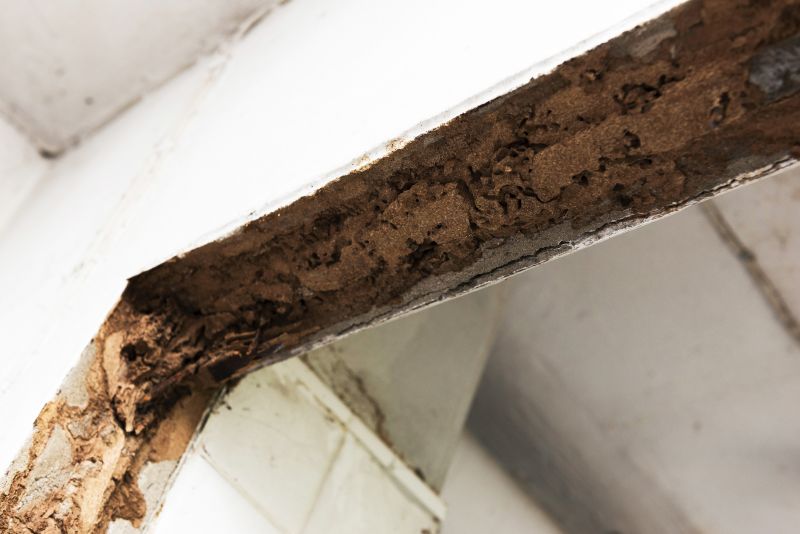
Signs of woodpecker damage on trees and structures can indicate the best time for intervention.
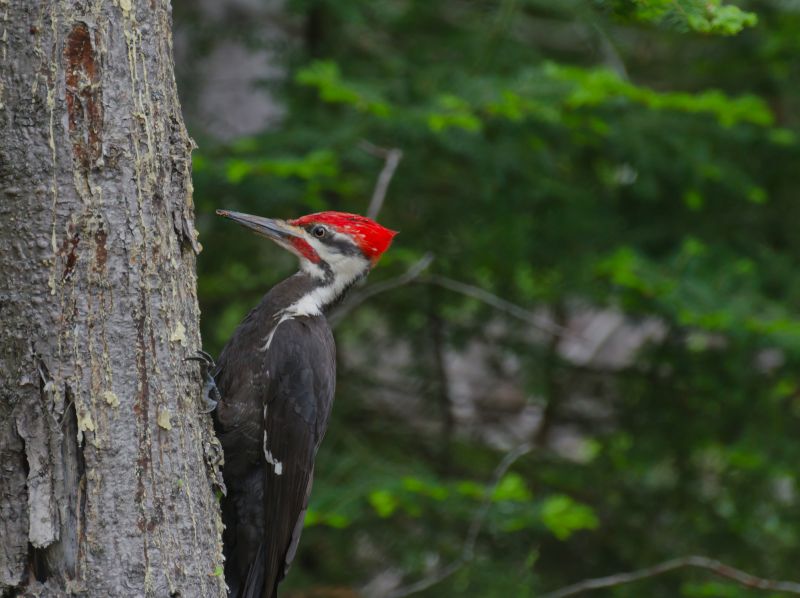
A woodpecker actively pecking on a tree during peak season.
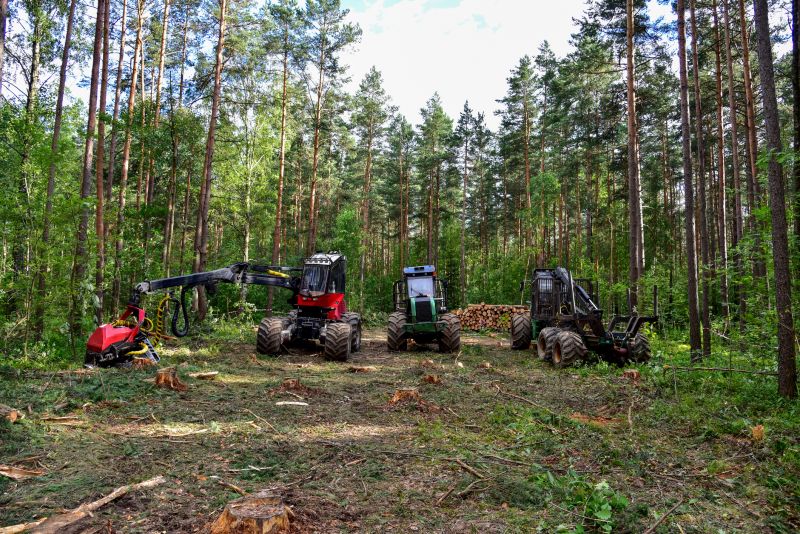
Tools and equipment used for effective woodpecker removal.
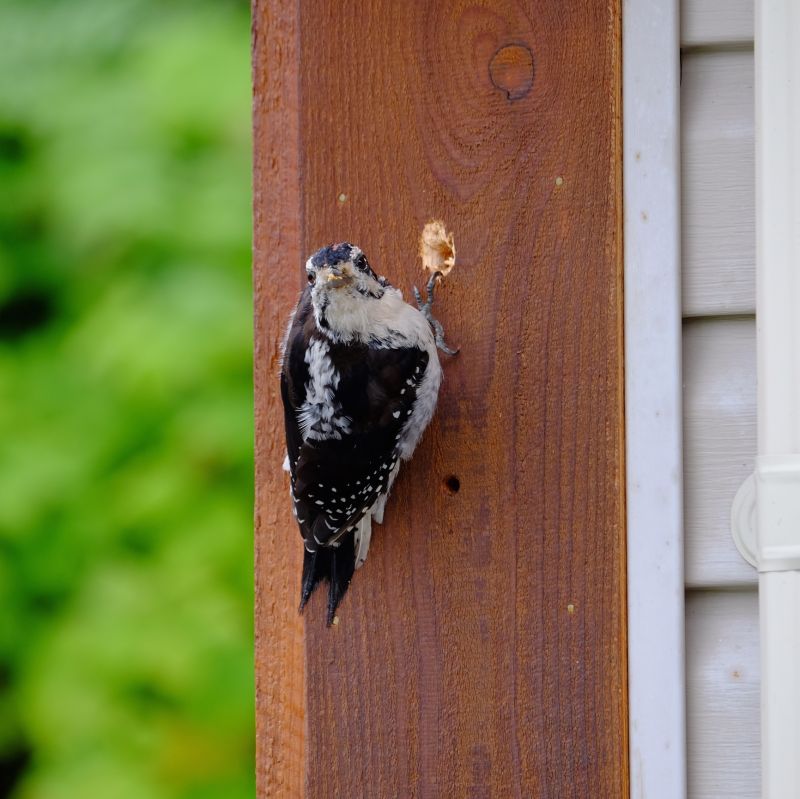
Ways to make Woodpecker Removals work in tight or awkward layouts.
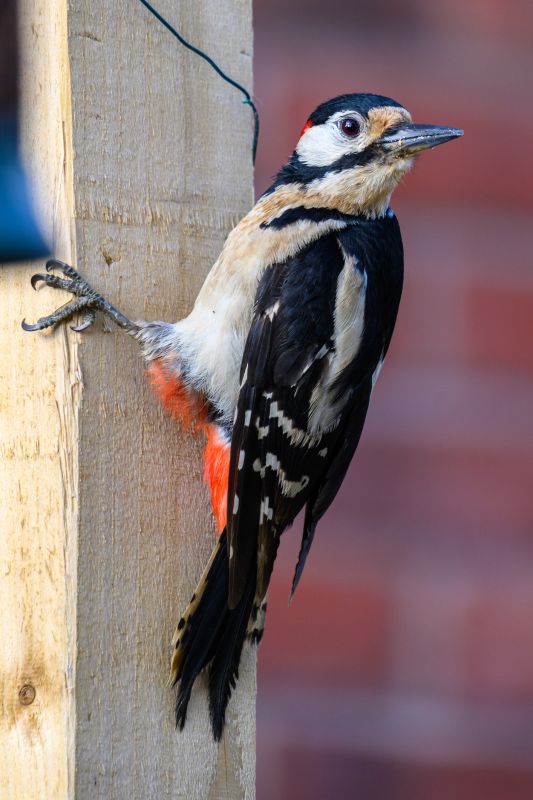
Popular materials for Woodpecker Removals and why they hold up over time.
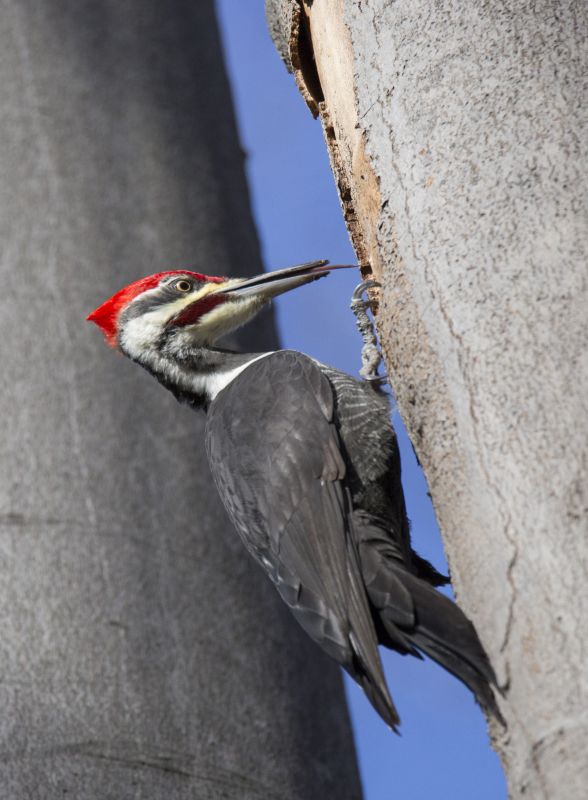
Simple add-ons that improve Woodpecker Removals without blowing the budget.
| Season | Best Time for Removals |
|---|---|
| Spring | Before nesting begins, typically early spring. |
| Early Summer | During active foraging, early summer. |
| Late Autumn | Post-breeding season, late autumn. |
| Winter | In less active periods, winter. |
Woodpecker removals are most effective when timed to minimize disturbance to the birds' breeding and nesting cycles. Proper timing can help prevent extensive damage to structures and trees, and reduce the likelihood of recurring issues.
Data indicates that addressing woodpecker activity during their non-breeding seasons can lead to more successful and less disruptive removals. Understanding local bird behavior patterns is essential for planning effective interventions.
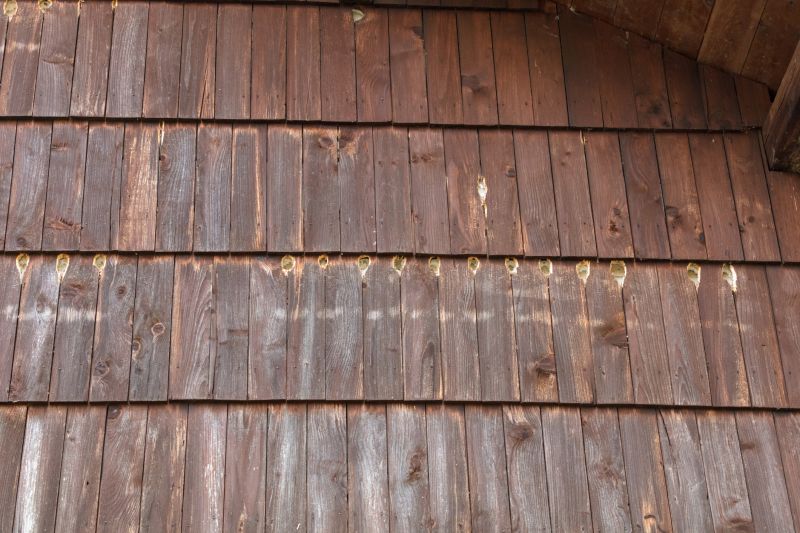
Damage caused by woodpeckers on trees and structures.
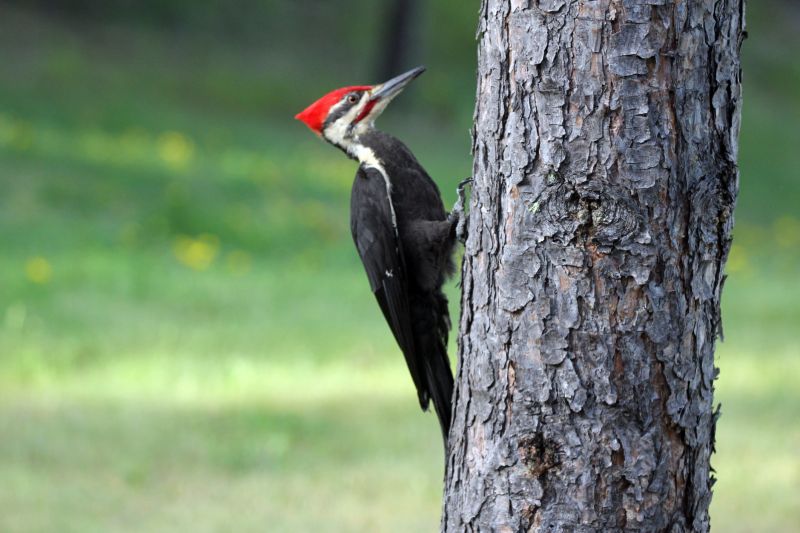
A woodpecker pecking on a tree branch.
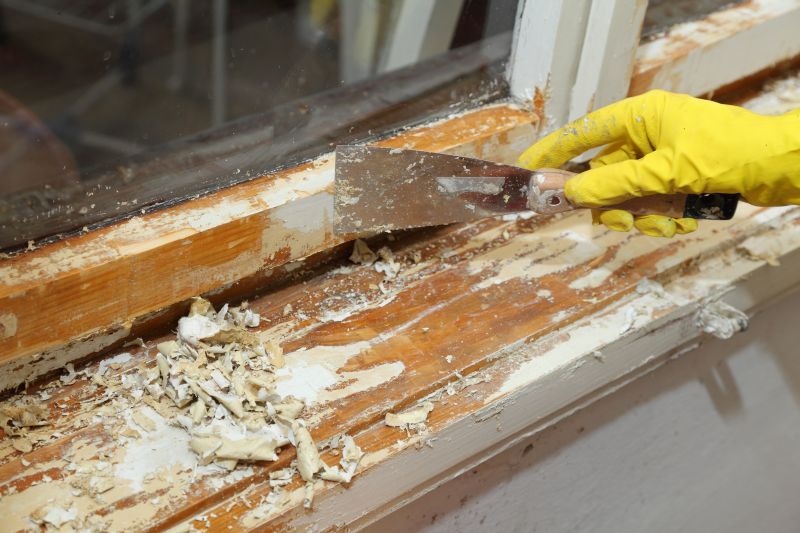
Steps involved in woodpecker removal procedures.
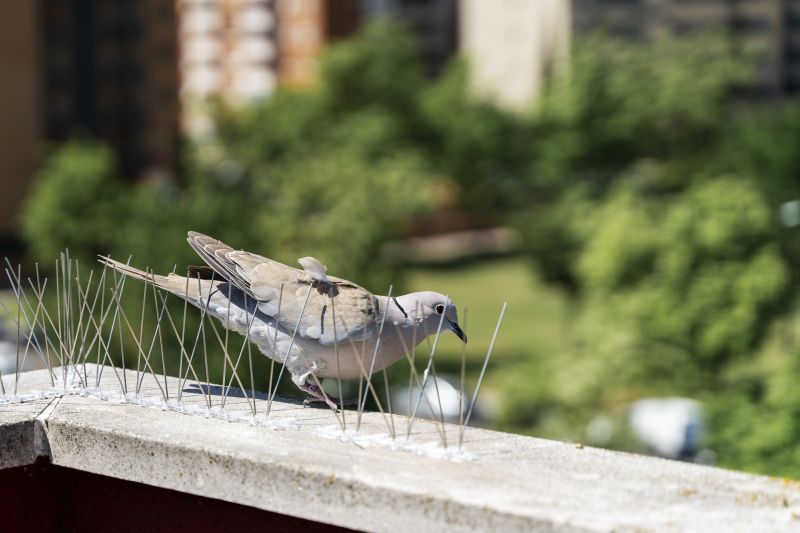
Devices and strategies to deter woodpeckers.
Interested parties should consider the timing of woodpecker activity to optimize removal efforts. Proper planning based on seasonal behavior reduces damage and promotes coexistence.



